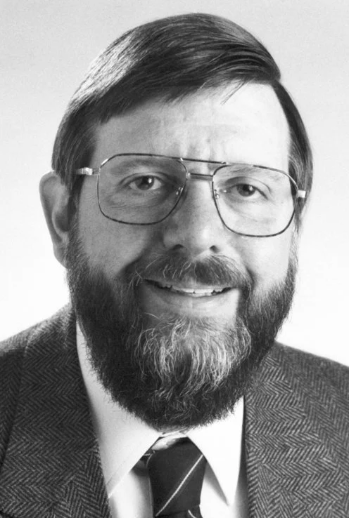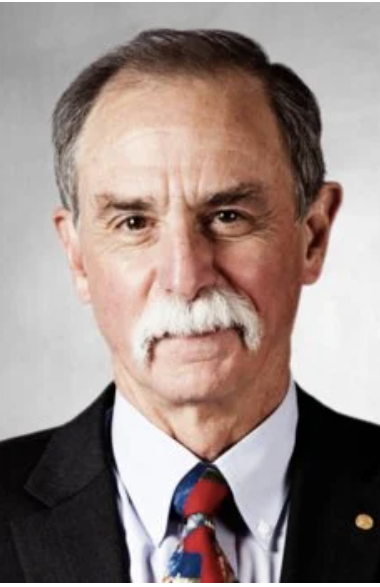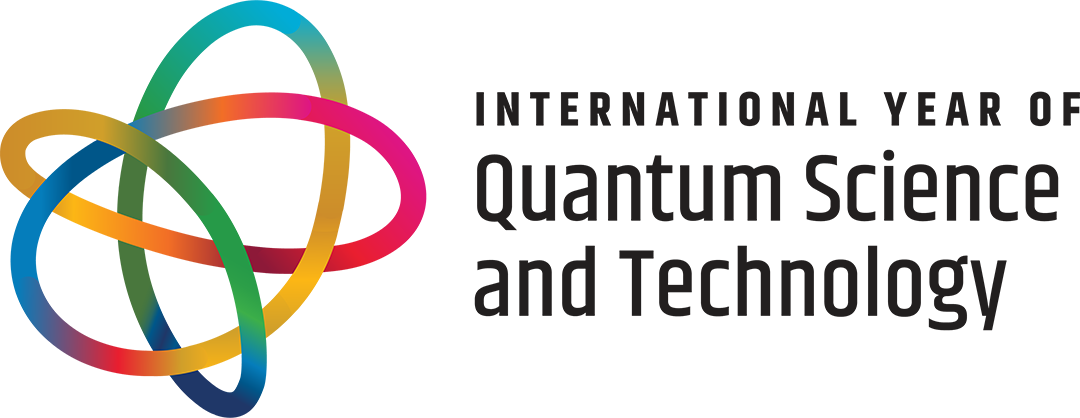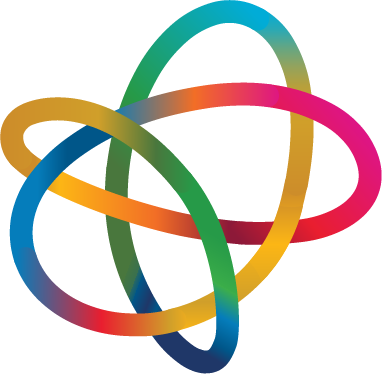Quantum Computing Experts from IBM, Microsoft, NVIDIA, and More Chart Course for the Field
Keynotes from the IEEE International Conference on Quantum Computing and Engineering—IEEE Quantum Week—will shed light on today’s milestones and what’s coming next
(IEEE is an IYQ sponsor.)
As quantum computing continues its transformation from a foundational research endeavor to a viable commercial tool, institutions, companies, and agencies that have embraced the technology from its origins now have industrial developments to report. Quantum leaders from industry, academia, and government are convening at the IEEE International Conference on Quantum Computing and Engineering—IEEE Quantum Week—from 31 August to 5 September in Albuquerque, N.M., U.S., to discuss the state of quantum engineering today and how its evolution is driving the next generation of computing. Nine keynotes from renowned quantum organizations will address the current quantum computing dynamic, emerging opportunities, and near-term potential.
“IEEE Quantum Week keynotes address the most important developments in the field, and with the acceleration of initiatives we have seen over the past year, they have much to discuss,” said Candace Culhane, IEEE Quantum Week 2025 Chair and Quantum Science Coordinator at Los Alamos National Laboratory in Los Alamos, N.M. “From reflections on quantum engineering’s origins to its very real potential now, these renowned speakers will both challenge and inspire us to expedite our timelines and apply newfound quantum knowledge to address the world’s computing problems.”
Setting today’s foundation
And perhaps no one would be better at providing insights into how to stay the course amidst uncertain outcomes than Nobel Laureates David Wineland and William Phillips. The recipient of the 1997 Nobel Prize in Physics “for development of methods to cool and trap atoms with laser light,” Phillips now focuses some of his research on quantum information with single-atom qubits, and Wineland, recipient of the 2012 Nobel Prize in Physics “for ground-breaking experimental methods that enable measuring and manipulation of individual quantum systems” continues to find passion in research on quantum information, quantum computing, and quantum limits to measurements. The two luminaries will be speaking together in an IEEE Quantum Week keynote on the morning of Tuesday, 2 September.

Nobel Prize in Physics 1997.
Another two of this year’s keynotes hail from the University of California, highlighting a key focus on quantum in that region. Prineha Narang, professor and the Howard Reiss Chair in Physical Sciences at the University of California, Los Angeles, will speak on the evening of Wednesday, 3 September, followed by a presentation on Thursday, 4 September, from Chetan Nayak, professor, University of California, Santa Barbara, and technical fellow at Microsoft. Certainly, Microsoft’s February announcement about the world’s first quantum processor powered by topological qubits will be front and center at IEEE Quantum Week, and attendees can expect to hear debate about its impacts and what’s next.
Applying today’s technology
To that point, much has happened with quantum engineering to enable more widespread commercialization of the technology since last year’s IEEE Quantum Week event.
Take, for instance, the idea of distributed quantum computing in silicon. Stephanie Simmons, chief quantum officer at Photonic, will be speaking on Thursday, 4 September, in the evening. Earlier this year, Photonic announced that it had developed “a new, low-overhead family of Quantum Low-Density Parity Check (QLDPC) codes that can efficiently perform both quantum computation and error correction, using materially fewer quantum bits (qubits) than traditional surface code approaches…. [to enable] cost-effective quantum computing at scale.”
Or consider the planned Wednesday, 3 September, morning address from Peter Shadbolt, co-founder and chief scientific officer at PsiQuantum, which was awarded a contract with Air Force Research Laboratory to deliver quantum chip capabilities to the U.S. Air Force.

Nobel Prize in Physics 2012
Or look no further than a Friday, 5 September, morning keynote, Sam Stanwyck, head of quantum computing product at NVIDIA, which announced earlier this year that they are building an accelerated quantum computing research center in Boston.
“With so much momentum behind quantum commercialization, we can expect continued announcements about R&D milestones at IEEE Quantum Week and beyond,” remarked Culhane. “Quantum engineering has hit an unprecedented level of applicability, and I expect we’ll only see this focus continue to grow.”
Preparing for the future
Because as new potential emerges, the focus on fundamental research is met with an intentionality around products and solutions.
For instance, on Monday, 1 September, evening keynote speaker Rodney Van Meter, professor of environment and information studies at Keio University in Japan, notes that his research group is focused on “bridging the gap between theoretical algorithms and real-world experiments to accelerate the deployment of useful quantum information technology.”
Jay Gambetta, Tuesday, 2 September, evening keynote speaker and vice president of quantum at IBM, leads the IBM Quantum initiative, which recently has been prophesying the dawn of quantum advantage, the point at which quantum computers are shown to be more efficient, more accurate, or cheaper than classical computers for a particular task.
And as quantum evolves, a highly trained workforce will be key to supporting its future applicability. Organizations like Elevate Quantum, the Mountain West’s innovation engine for quantum technology, are driving those developments on a regional scale. In fact, Elevate Quantum just announced that IBM joined its consortium with plans to “help train over 3,500 learners by 2030 in quantum software and algorithms, thereby supporting nearly 30% of the anticipated quantum workforce needed for the Mountain West.” IEEE Quantum Week attendees can expect to hear more about the future of the workforce when Zachary Yerushalmi, Elevate Quantum’s CEO and regional innovation officer, gives his morning keynote address on Monday, 1 September.
From technology breakthroughs to broader accessibility and job creation, the future is quantum. IEEE Quantum Week keynotes will expound on why, and the full program will allow attendees not only to witness the dawn of a new era but also to participate in its formation. Now’s the time to get involved in shaping what’s next for quantum engineering.
For more information on the IEEE Quantum Week keynotes and program or to register, visit https://qce.quantum.ieee.org/2025/.
For general questions about IYQ, please contact info@quantum2025.org. For press inquiries, contact iyq2025@hkamarcom.com.


